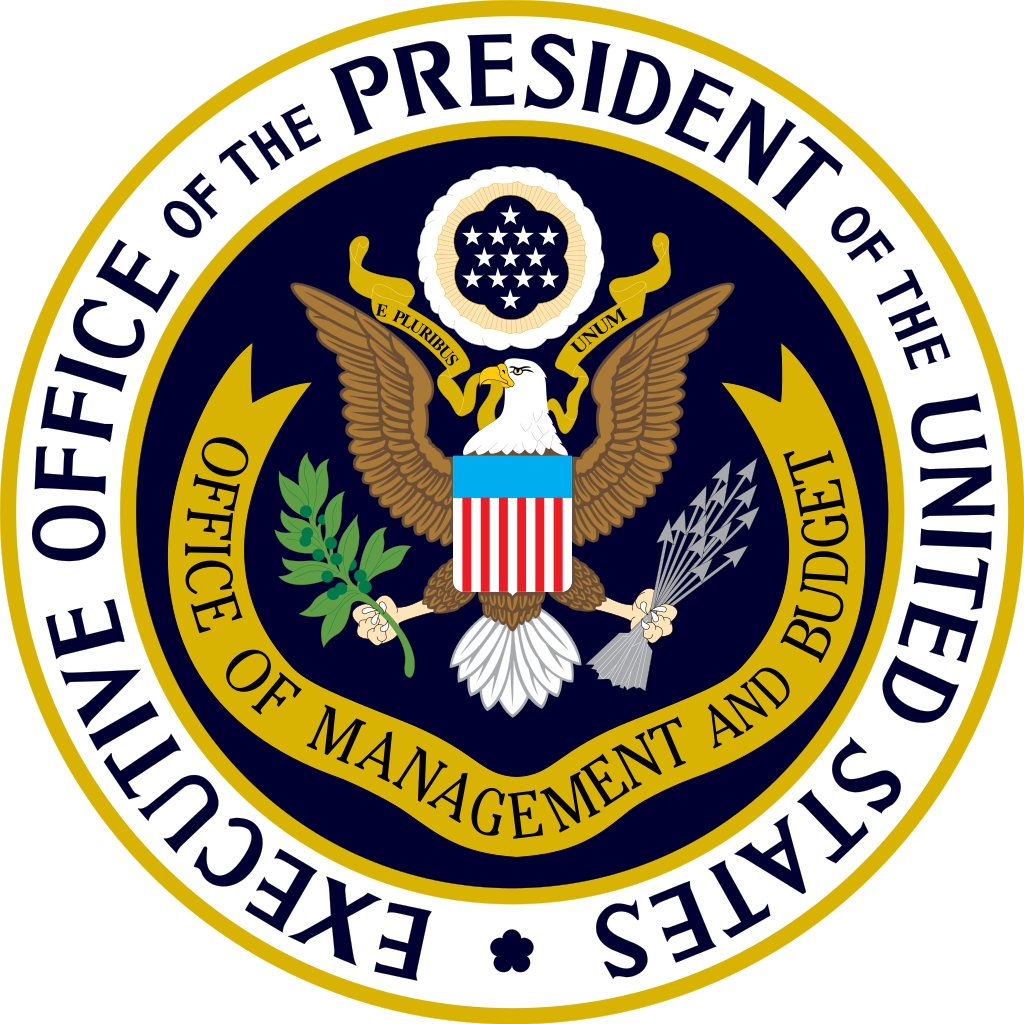Program information
Popular name
(MCSAP )
Assistance listing number
20.218
Agency
Department of Transportation
Sub-agency
Federal Motor Carrier Safety Administration
Categories & sub-categories
- Consumer Protection - Regulation, Inspection, Enforcement
- Transportation - Highways, Public Roads, and Bridges
Assistance types
- Formula Grants
Eligible applicants
- State (includes District of Columbia, public institutions of higher education and hospitals)
Eligible beneficiaries
- State
- U.S. Territories
Awards & recipients
View this program's awards and recipients at USASpending.gov
Assistance listing
Grant opportunities
View this program's available grant opportunities at Grants.gov
Program objective
The Motor Carrier Safety Assistance Program (MCSAP) is a Federal formula grant program that provides financial assistance to States to reduce the number and severity of crashes and hazardous materials incidents involving commercial motor vehicles (CMV). The goal of the MCSAP is to reduce CMV-involved crashes, fatalities, and injuries through consistent, uniform, and effective CMV safety programs. Investing grant monies in appropriate safety programs will increase the likelihood that safety defects, driver deficiencies, and unsafe motor carrier practices will be detected and corrected before they become contributing factors to crashes.
Program obligations, by FY (2022 - 2024)
This chart shows obligations for the program by fiscal year. All data for this chart was provided by the administering agency and sourced from SAM.gov or USASpending.gov.
“SAM.gov actual” displays actual obligations for the fiscal year, as reported by the agency to SAM.gov after the fiscal year concludes.
“SAM.gov estimate” displays estimated obligations for the fiscal year, as reported by the agency to SAM.gov before the fiscal year concludes.
“USAspending.gov obligations” displays the total obligations submitted by the agency to USAspending, linked to the assistance listing through its assistance listing number. USAspending.gov is the official source of Federal spending information, displaying actual obligations made by agencies as they are committed. Annual obligations reported to SAM.gov may be inconsistent with annual obligations reported to USASpending.gov. More information can be found on the “About the data” page.
Please note that SAM.gov does not provide agencies with detailed guidance on how to report loan, loan guarentee, or insurance obligations. These figures may not be comparable arocess programs or consistent with USASpending.gov.
For more information on each of these data sources, please see the “About the data” page.
Authorizing statutes
- MCSAP is governed by 49 U.S.C. §§ 31102 and 31104, as amended by the Infrastructure Investment and Jobs Act (IIJA), Pub. L. No. 117-58 (2021) (IIJA) § 23001(b), and 49 CFR part 350. The term “State” for the purposes of MCSAP, defined in 49 U.S.C. § 31101(4) and 49 CFR § 350.105, includes a State of the United States, the District of Columbia, the Commonwealth of Puerto Rico, the Commonwealth of the Northern Mariana Islands, American Samoa, Guam, and the U.S. Virgin Islands. MCSAP funding is allocated per the funding formula as prescribed within the Fixing America's Surface Transportation (FAST) Act, Pub. L. 114-94 (2015), section 5106(d)(1), and outlined within 49 CFR § 350.217.
Program results
2023
Fiscal Year 2023: The Infrastructure Investment and Jobs ACT (IIJA), also known as the Bipartisan Infrastructure Law (BIL), was passed early in FY22. Dollar amounts by State have been determined by the allocation formula. Information about the changes in the program can be found within the FMCSA Motor Carrier Safety Assistance Program Comprehensive Policy located on the FMCSA website https://www.fmcsa.dot.gov/mission/grants/grantee-resources. FMCSA emphasizes the importance of safe commercial vehicle operation within highway construction zones, enforcement of traffic laws designed to mitigate driver behaviors associated with crashes (i.e. distracted driving), and the importance of detecting carriers operating in an out-of-service status as core parts of its FY 2023 MCSAP Grant. In addition, FMCSA placed significant emphasis on the improvement of commercial vehicle safety in-line with the strategies contained within the Department of Transportation’s National Roadway Safety Strategy (NRSS). This also includes renewed emphasis on areas where CMV and public safety intersect, such as combatting human trafficking and drug interdiction.
2024
Fiscal Year 2024: Continuing to build upon the role played by the MCSAP National Program Elements established in 49 CFR § 350.203 and supported by IIJA/BIL funding, FMCSA is encouraging all MCSAP participants to review their jurisdiction’s crash statistics and engage in high-visibility efforts to combat the large number of CMV crashes and fatalities. MCSAP lead agencies should partner with other State, local safety departments, and educational research institutions where appropriate, to address CMV crashes. If the MCSAP lead agency is engaging in partnership efforts with other State, local agencies, or educational research institutions FMCSA asks they ensure it is accurately reflected within their Commercial Vehicle Safety Plan (CVSP). In response to IIJA/BIL requirements, the Crash Causal Factors Program (CCFP) is being established to carry out a comprehensive study to determine the causes of, and contributing factors to, crashes that involve a commercial motor vehicle. The CCFP is an evolutionary safety initiative moving from a crashworthiness to crash avoidance focus. Current data collections tend to be focused on the survivability of crashes, but the CCFP will provide critical insights into causal factors contributing to these crashes thereby enabling identification and development of appropriate countermeasures to reduce the occurrence of CMV crashes. While FMCSA is currently merging and analyzing available datasets (e.g., from the National Highway Traffic Safety Administration, Federal Highway Administration (FHWA), FMCSA) to gain a more complete picture of crashes, no existing dataset adequately captures all important causal factors. The upcoming CCFP will fill this gap, allowing FMCSA to identify the key factors that contribute to CMV crashes.

